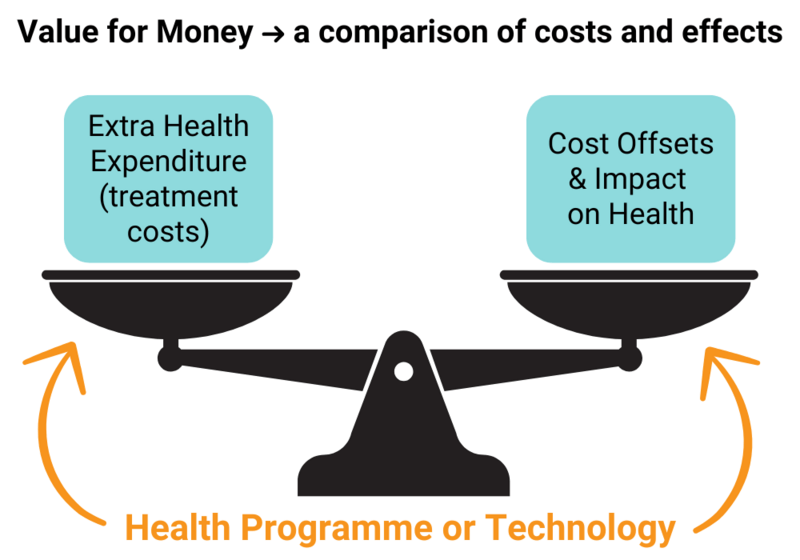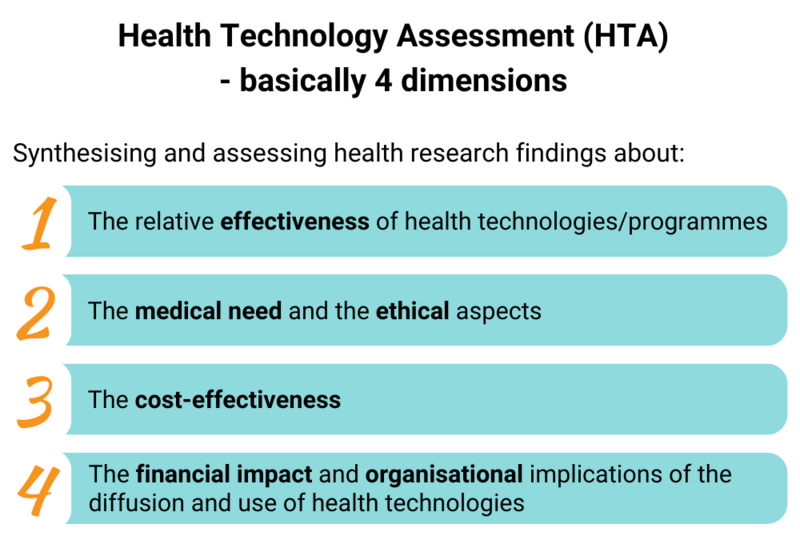By Prof. Dr Lieven Annemans, expert trainer of the courses
Health Economics for Non-Health-Economists, Basics of Health Economics, and Critical New HTA Developments in Europe: Challenges & Solutions
The difference between health economic evaluations and Health Technology Assessments (HTAs) is not always clear to everyone. Improper use of these terms can cause confusion and misunderstanding. So, here are the definitions:
What is a Health Economic Evaluation?
➡ The comparative analysis of alternative courses of action (for instance a new medicine versus the standard of care) in terms of both their costs and health consequences.

What is a Health Technology Assessment?
➡ HTA seeks to inform health policymakers by using the best scientific evidence on the medical, social, economic, and ethical implications of investments in healthcare.
Such assessment includes:
- Synthesising research findings about the effectiveness of different health interventions
- Evaluating the economic implications and analysing cost and cost effectiveness
- Appraising the social and ethical implications of the diffusion and use of health technologies, as well as their organisational implications
- Identifying best practices in healthcare, thereby enhancing safety, improving quality, and saving costs
Source: http://www.inahta.org

Hence, HTA looks at more dimensions than only costs and health consequences. However, any HTA should systematically include a health economic evaluation.
